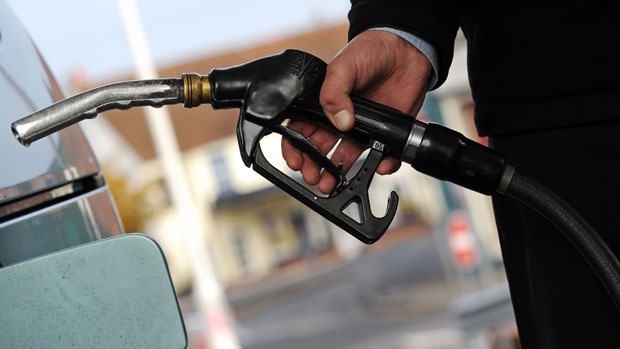E10: what difference will ‘green petrol’ make?
Government hopes to make more eco-friendly fuel the standard from 2021

A free daily email with the biggest news stories of the day – and the best features from TheWeek.com
You are now subscribed
Your newsletter sign-up was successful
The UK government has announced proposals to introduce E10 fuel containing 10% ethanol in a bid to cut carbon dioxide emissions.
Transport Secretary Grant Shapps said Downing Street is consulting on plans to make the fuel – described as a “green” petrol – the standard grade at British filling stations from 2021, reports ITV News.
What is E10?
The Week
Escape your echo chamber. Get the facts behind the news, plus analysis from multiple perspectives.

Sign up for The Week's Free Newsletters
From our morning news briefing to a weekly Good News Newsletter, get the best of The Week delivered directly to your inbox.
From our morning news briefing to a weekly Good News Newsletter, get the best of The Week delivered directly to your inbox.
The term E10 refers to fuel made up of 90% regular unleaded and 10% ethanol, an alcohol-based fuel produced from the fermentation of a range of plants.
The green petrol is already being used in Germany, Finland and France.
What is the UK government’s plan?
By making the fuel the standard grade at all petrol stations from next year, Shapps hopes to create the same environmental benefit as “about 350,000 cars being taken off our roads entirely”.
A free daily email with the biggest news stories of the day – and the best features from TheWeek.com
According to RAC, there were 38.9 million licensed vehicles in Britain at the end of September 2019 – meaning Shapps’ estimate represents 0.9% of the total.
He says the move will help drivers across the country reduce the environmental impact of every journey ahead of the day when electric cars “become the norm”.
According to The Times, all garages will initially be expected to keep existing petrol, which is blended with 5% bioethanol, alongside the new version.
The E10 plan is in addition to an existing pledge to ban the sale of new petrol and diesel cars by 2035.
What difference will it make?
In contrast to regular unleaded petrol, ethanol absorbs carbon dioxide, partially offsetting greenhouse gas emissions.
The environmental agency ePURE says that displacing 10% of Europe’s petrol with ethanol through E10 fuel would reduce greenhouse gas emissions from petrol by more than 6%.
–––––––––––––––––––––––––––––––For a round-up of the most important stories from around the world - and a concise, refreshing and balanced take on the week’s news agenda - try The Week magazine. Get your first six issues for £6–––––––––––––––––––––––––––––––
What are the drawbacks?
The RAC says that E10 is potentially less efficient than the current E5 blend of fuel, which could mean it increases fuel bills for drivers, particularly those who own smaller cars.
Also, because E10 is produced from plants, there are concerns over deforestation, which risks creating its own CO2 impact.
The other issue is compatibility. The Society of Motor Manufacturers and Traders has estimated that 92.2% of the petrol-engined vehicles in the UK are compatible with E10.
Drivers are advised to contact car manufacturers if they have any doubt over their own vehicle.